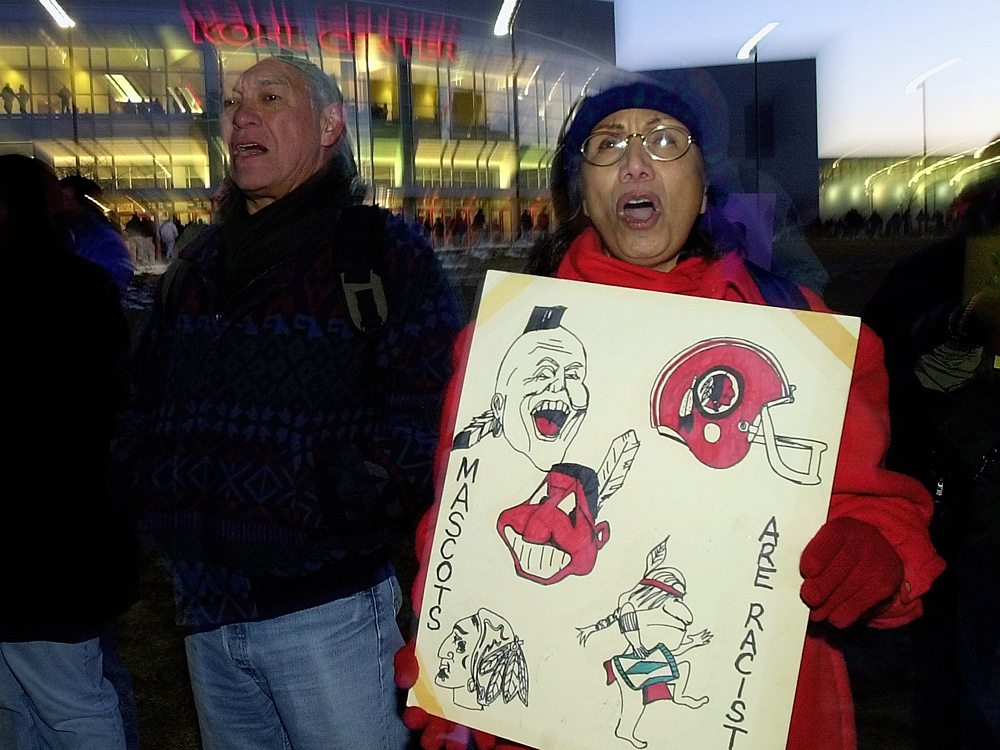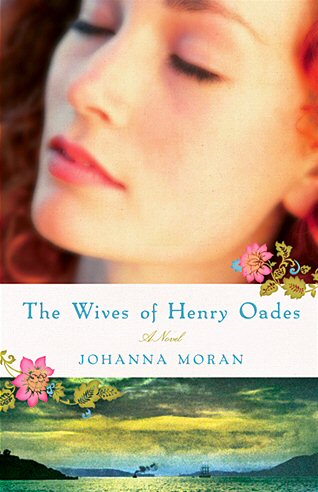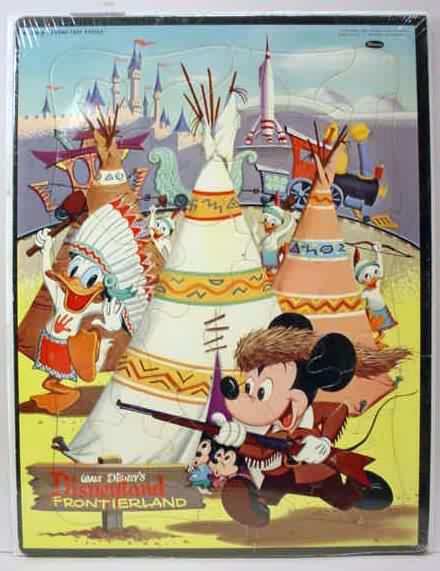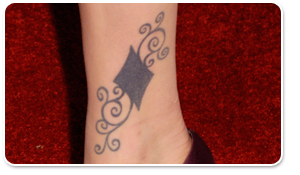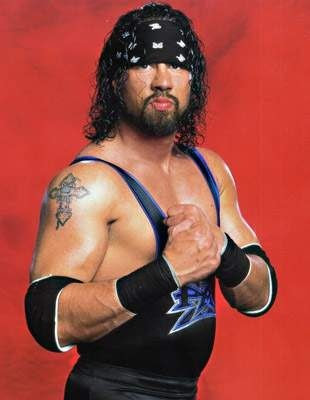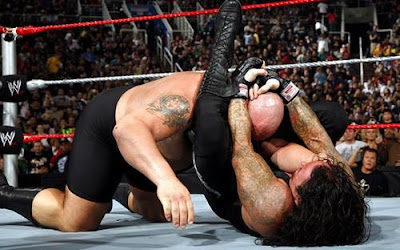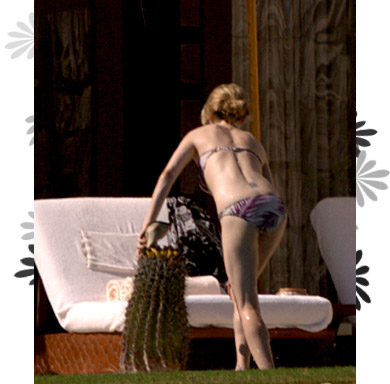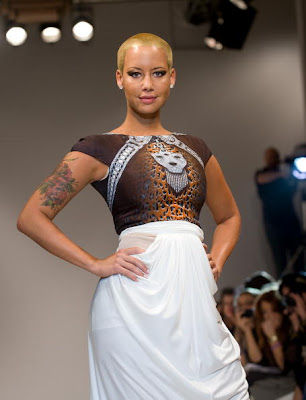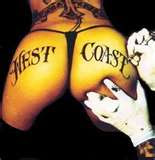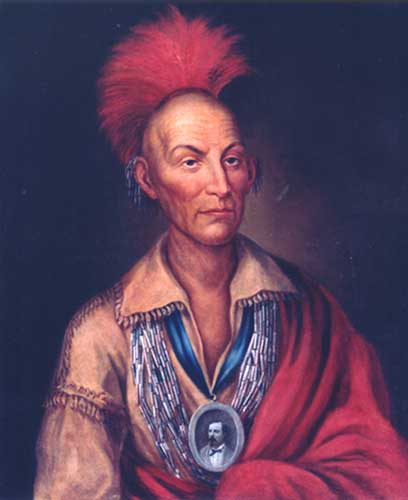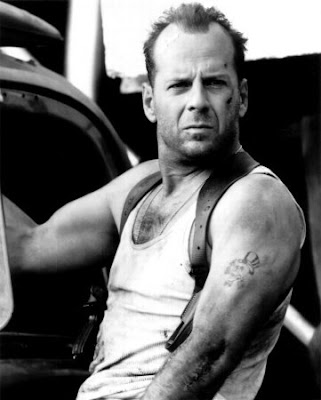As I was scanning the pile of new releases at the local library, my eye caught a line on the back of a book called
"The Wives of Henry Oades." The paragraph ended with:
"...the native Maori stage an uprising, kidnapping Margaret and her children."You
knew that book was coming home with me.
Quick synopsis (taken from the back and online reviews, I didn't get past page 40 as you'll soon see): Book takes place in the late 1800's. Husband gets a kick ass job in colonial New Zealand, moves wife and kids to Wellington. Maori come and kidnap wife and kids, burn down house, make them slaves. Husband thinks family is dead, eventually moves to San Fran, finds new wife, has more kids. 16 years later, old wife and (remaining) kids show up in SF. Hilarity ensues! Well, a court case for bigamy ensues. THE END.
Awesome plotline, yes? The best part is it's based on a "true" story! well, the author thought it was true, until it got debunked as a load of bull. oops. More on that later.
So. The first 35 pages of the book are filled with the description of the journey over, on a boat, then establishing their life in NZ, ect. Then, out of nowhere, Henry (the patriarch) mentions at dinner that they publicly flogged a Maori boy in the square that day. And, oh eff, they found out he's a royal. "There's bound to be trouble." dun dun duuuun.
And trouble there is. The Maori, out of the blue, decide that this random family, that had nothing to do with the flogging of the kid, but happen to be white and work for the governor, would be a great way to enact revenge. So they attack. Ready? Here's the description of the kidnapping:
"The Maori filled the room, brandishing rifles and whips, a hideous tattooed four, with mouths yawning wide, tongues wagging obscenely" (pg 41)
"Margaret bent and scooped up Mary, in the next instant the baby was snatched from her arms and stuffed inside a flax sack. She fell on the sweating creature, clawing, drawing blood. He shoved her off...Margaret shrieked, searing her throat, "Please God! My baby!" (pg 41)
There's plenty more. But note the vocab:
"hideous"?
"creature"? and the stereotypical weak white woman at the hands of a blood-thirsty savage crying
"Please God! My baby!"? Really original.
So the Maori stuff the twin babies in sacks, kill the family dogs, literally hog-tie the neighbor's son, light the house on fire, burning the neighbor woman to death, and then force Margaret and her two older kids to walk for like a bazillion miles. There are even graphic details of them "wetting" themselves. Thanks, for that.
Along the march, the Maori are only referred to as "savages," or "brutes".
"The lead savage," "A savage in the rear," "the brute ahead turned and glared" (pg 45).
When they arrive at the Maori village, the response of the villagers is described as
"rapturous barking and shouting" (pg 47, emphasis mine). Barking. like dogs.
And when I decided to stop reading was when Margaret is begging for water, and the old Maori woman who is "guarding" them farts in response.
farts. (pg 48)
I flipped through the rest of the book, looking to see if anything changed later on. It doesn't. Eventually the family escapes because they contract smallpox and the village throws them out so they don't infect everyone.
To break up all that text, and before I delve into the analysis, here's a picture of the author who wrote those passages:
Hi Johanna Moran. Thanks for contributing to the continuing stereotypes of Native people!
My analysis:
Initial thoughts: yes, this is
historical fiction--so presumably, perhaps, this is the lens through which a colonial white woman would see the Indigenous people, since her society has trained her to see them as "savages" in need of "civilization," or why else would it be okay that she and her family were there? That's the whole argument for colonization.
But, my deepest issues are the one-sidedness of the portrayals of the Maori. The family is "enslaved" by the Maori for a long time, like years and years, yet even until the day they "escape," Margaret never refers to them by name, never uses a positive adjective to describe the village, and continues to see their ways as completely backwards. There is absolutely no nuance in the portrayal. They are savage, through and through. The one act of compassion in the whole ordeal is when the Maori let her run away rather than be shot with the other small pox victims, but it is to their own benefit, because Margaret has been helping with births in the village, and they fear retribution from the gods in the form of harm to their babies.
It's not like there wasn't opportunity to provide an alternate view, the narration in the novel switches several times, from Margaret, to her husband, to the new wife in Berkeley, ect. Moran just chose not to include an additional perspective.
I would still be mad if this were based on the words of the actual Margaret Oades, who this supposedly happened to, but as I mentioned before,
the story came out as a complete hoax. So this is the complete and total fabrication of the author, who was not bound by any "fact" in her descriptions and characters.
It wouldn't have taken away from the story, in fact, I think it would have added a little depth. There's no plot-related reason to portray the Indigenous people as solely savage, from what I could see anyway.
This book was published this year. In 2010. And it's still deemed acceptable to have
Little House on the Prairie-like savages. "The Wives of Henry Oades" is touted as a great book club read, and I cringe at the thought of people sitting around discussing the ruthless Maori and how they effed everything up.
Maybe I'll give these fictitious people the benefit of the doubt and picture them talking through the stereotypes and wondering if Moran could have done better. Perhaps they'll use it as a teaching moment? Maybe?
But more than likely people will read the book without a second thought, and tuck those images of blood-thirsty baby-killing Indigenous Peoples away, to be pulled out next time they read an article, encounter an image, or hear about contemporary Native people. I don't see many mainstream book-club novels with accurate, contemporary portrayals of Natives being published lately, so this is all they've got to work with.
So, for her horribly stereotypical "savages" I give Johanna Moran's "The Wives of Henry Oades" two big 'ol thumbs down.
.jpg)

